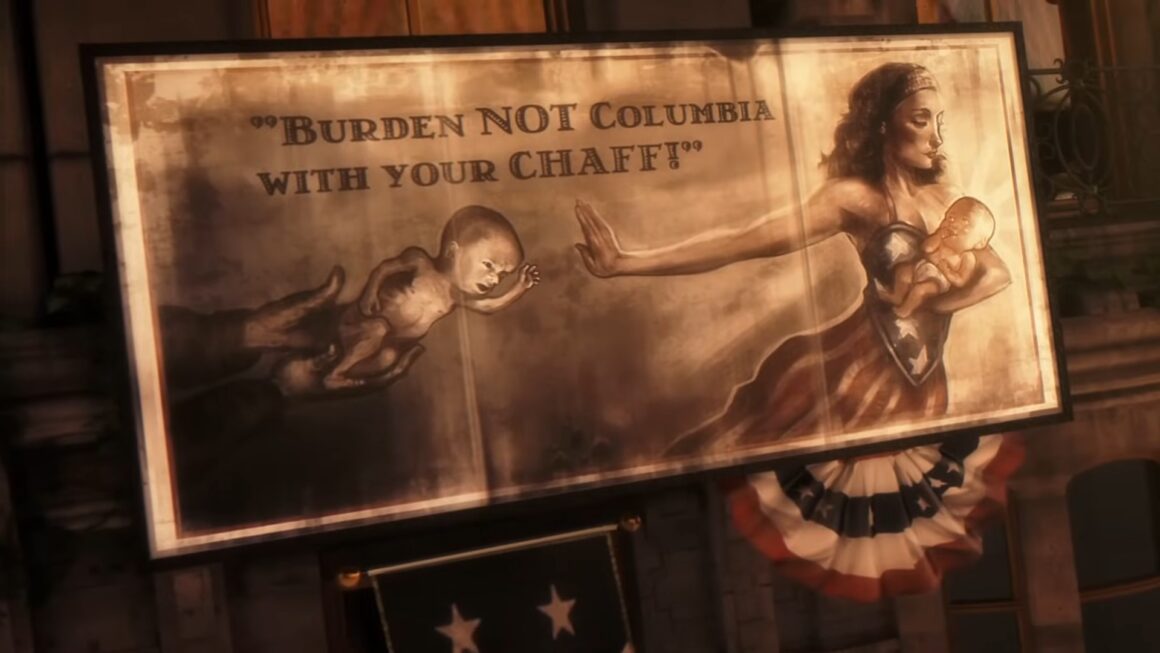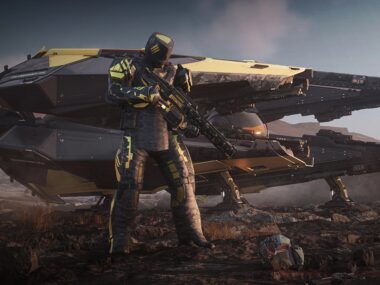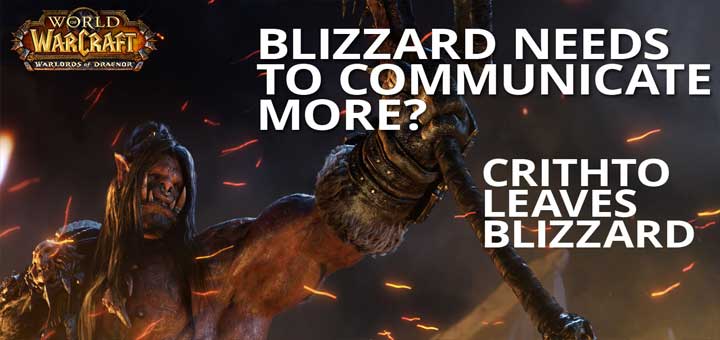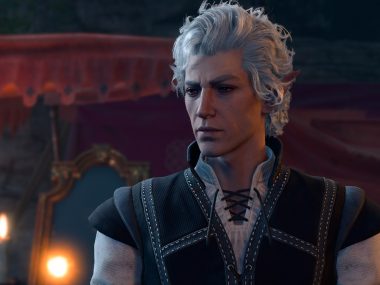A familiar setback
BioShock 4 developer Cloud Chamber has laid off an unspecified number of employees. Publisher 2K Games confirmed the restructuring was part of a rework of “core aspects” of the game after several years of rocky development. This isn’t just a hiccup. It’s a pattern.
The last BioShock game, Infinite, went through almost the same gauntlet: staff turnover, cut features, creative indecision, and crushing overtime. That project barely made it across the finish line, and it only did so because 2K brought in Rod Fergusson, an industry veteran known for shipping troubled games. Now, more than a decade later, Fergusson is back in the same role.
History, it seems, is repeating itself.
Infinite’s long road to greatness
To understand what BioShock 4 is facing, it helps to remember how Infinite came together. Or rather, how it nearly fell apart.
The game took five years to make, and the process was turbulent. Ken Levine, the series creator, had ambitious ideas that kept shifting. Major systems were designed, scrapped, and redesigned. Early trailers promised complex faction dynamics and gameplay mechanics that never made it into the final product. Multiplayer was started and abandoned. Months of work vanished with each creative pivot, wearing down morale.
Turnover was high, especially in 2012. Many of the original developers had been pulled onto other projects, leaving Levine to rebuild a larger team that proved harder to manage. Organization lagged behind ambition. Crunch set in, with stories of staff working brutal overtime schedules to make deadlines. Outsourcing pipelines failed. The “core game” only started taking shape in the final stretch.
By that point, it was clear the studio couldn’t ship without help. That’s when Fergusson was brought in. His role wasn’t to rewrite the vision. He was the closer. He made cuts, set achievable deadlines, and stabilized the project. Without him, Infinite might have been delayed indefinitely, or worse, cancelled.
The result was a critical and commercial success. Infinite launched in 2013 to near-perfect reviews, sold millions, and won awards. Behind that glossy outcome was a development process so draining that it contributed to Irrational Games shutting down just a year later.
The cycle continues
BioShock 4 now finds itself in a similar mess. Multiple leadership changes at Cloud Chamber, a failed internal review, and now layoffs suggest the project has been struggling for years. Bringing Fergusson back is a clear signal: 2K wants another Infinite-style rescue.
This raises a bigger question: why does BioShock keep landing in these situations? The series is legendary for its atmosphere, storytelling, and philosophical themes, but ambition has consistently outpaced execution. Each entry has been marked by scope creep, creative turbulence, and late-stage panic.
It’s not unique to BioShock. Plenty of AAA games face messy productions, but few brands have such a consistent record of chaos. The series has become known as much for its development meltdowns as for its brilliance.
Why Fergusson matters now
Despite the grim news of layoffs, there’s reason for optimism. Fergusson knows this territory. He’s not just a project manager. He’s a proven “fixer.” He saved Infinite. He stabilized Gears of War. He helped deliver Diablo IV. If anyone can shepherd BioShock 4 out of development purgatory, it’s him.
More importantly, Fergusson understands the heart of BioShock. Too often, game studios chase trends or quick profits, hoping to cash in with safe bets. BioShock has never been about that. It succeeds when it delivers an immersive world that feels unlike anything else. Infinite proved players wanted ambition. They also needed a finished, playable game.
The hope is that Fergusson can strike that balance again: preserving the series’ grand vision while ensuring Cloud Chamber can actually ship the game.
The layoffs are painful, and the path forward for BioShock 4 is still uncertain. This moment is bigger than one game. It highlights the recurring struggle of the franchise: brilliant ideas colliding with messy execution.
If BioShock is going to thrive again, this pattern has to be broken. Fergusson’s return might be the best chance the series has to finally learn from its own history.
The question is whether BioShock 4 will be remembered like Infinite. Troubled, but triumphant, or if the cycle will claim it once more.






